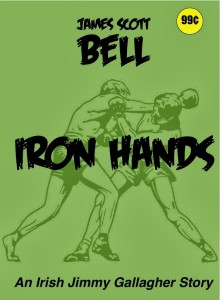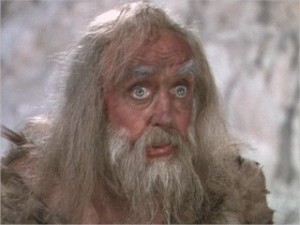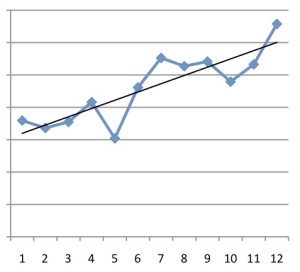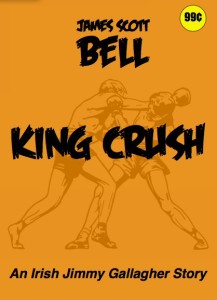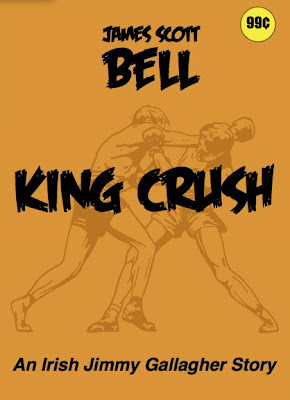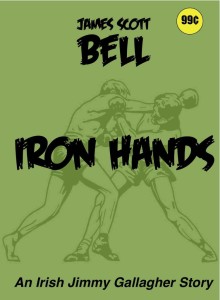And it don’t take money, don’t take fame. Don’t need no credit card to ride this train…That’s the power of love.
– Huey Lewis and the News
– Huey Lewis and the News
I have a lot of writer friends in various career stages, and therefore considering various career moves. The nice thing these days is that there are moves, more options than ever before. This requires that writers not only know and understand the choices (in terms of possibilities and pitfalls). It also requires that writers know themselves.
One friend who has been writing steadily for many years for traditional publishers is a case in point. After receiving news that her publisher was dropping the last book in a contract, she took a break from writing and looked inside. She wrote about what she saw, and gave me permission to share it:
After taking a much-needed break when I learned in May that my third book with ____ wouldn’t be published (which was, perversely, good news for me, as I hated the story, the characters, and the obligation to write it—with 20k words and one month to deadline at the time), I finally got to the point at which I would literally get the shakes at night because I needed to be doing something creative (i.e., WRITING), but every time I pulled out a notebook or sat at the computer, I would feel even worse staring at that blank page because the only thing I could think of when trying to start something new was all of the pressure and pain (emotional and physical) of being under deadline to churn out two or three (usually three) books a year for the past four years.
But the urge to create something still existed and was driving me slightly batty. One day, when at my acupuncture appointment, I needed something to focus my mind on—something other than work, which I’d just left and had to go back to, since this was my lunch break. I decided that since I still love watching all the cooking shows on TV, I’d focus my mind on my chef character from my second contemporary. What would it be like if he were to go on Chopped or Top Chef? What if his restaurant (which he was in the process of opening at the end of his book) were featured on Anthony Bourdain’s show? So I closed my eyes to allow my mind to “play” for a while.
Then something shocking happened. That character’s sister-in-law, one of the main secondary characters in that series, stepped forward and reminded me that she, too, is a chef and restaurant owner, and has been for longer than her brother-in-law. Besides, he’s already had his story. It’s time for her to have hers. And she’s right—I’ve had readers asking me for her story for years. By the time I got back to the office, I had the entire first scene fully formed in my head.
At a conference last week, I had a chance to talk to both my agent and former editor about the story and my ideas for things I can do with the uniqueness of the ebook format, and I realized, after walking away from my meeting, that for the first time in years, I was not only interested in a story idea but actually excited about writing it.
I’m taking it slowly—I’ve finished the first chapter and figured out how I’m going to incorporate the “viewpoints” of the four potential romantic interests for the heroine, without actually making any of them a main POV character. The most fun part, however, has been revisiting the first three books to gather all of the information about this character and to update the stories of all three of the couples from those books to “where they are now” six or seven years later.
It’s also been a great joy to return to the fictional city I “founded” and started building in 1992. As a writer who got completely burned out from having to write based on the need for money and not a passion for writing the stories I’d come up with, it’s been so wonderful to return to this setting, to these characters I’ve known for years and years. It’s a lot like going home after a long estrangement and being welcomed back with open arms and a fatted calf.
And the best part about this turn of events is that her writing will be the best it’s ever been. She’s a pro, she knows what she’s doing—but now she’s also recaptured the love.
We have to have that in our writing if we’re going to keep doing this for the long term. You’ve only got so much time. Give that time to the stories
you’re burning to tell. Do that first, and the money will follow. How much, no one can say. But joy tips the balance in your favor. For example, in addition to my novels and novellas, I’m writing short stories about a boxer in 1950s Los Angeles. I make some scratch every month on these. But more than that, I love writing them. It’s a different voice and genre than I normally write in, which has the added benefit of keeping my writing chops sharp.
If you love what you do you’ll do more of it, and you’ll do it better, and that will increase the odds of making a decent buck at this—either through self-publishing or finding a traditional publisher who believes in your voice and vision. Or some combination of the two.
So my question for you today is, do you love what you’re writing? If not, why not?

